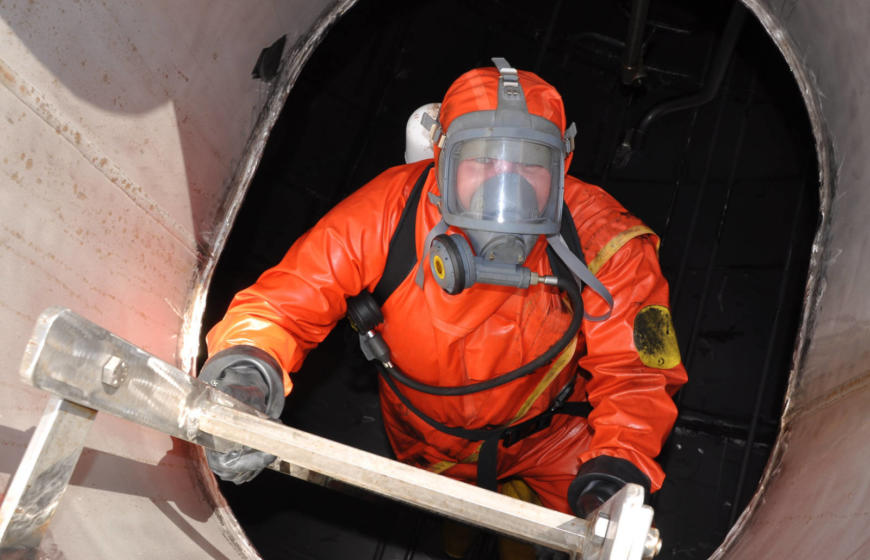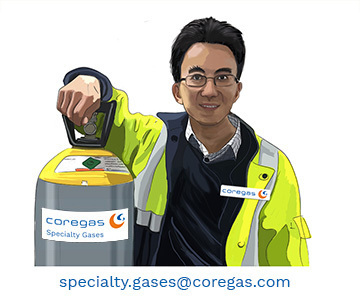Browse this selection of related brochures and articles
Specialty Gases and Equipment brochure
Download
When working in mines and sewers or entering tanks and vessels, operators will be working in a confined space. Gas detection is essential and breathing apparatus may be worn.

Air quality is an important environmental concern for all people. It is also a safety concern for many underground workers such as miners and anybody who has a reason to be working in a sewer. Chemicals plant and refinery workers must also enter confined spaces such as storage tanks and reactor vessels for cleaning or other maintenance activities. On board ships such as LNG transporters or crude oil tankers, there are also reasons to enter storage tanks in the hold of the ship.
All of these confined spaces may present a safety risk through the presence of toxic gases. In some cases, such as the presence of hydrogen sulphide in sewers, our noses will warn us of danger. In other cases, such as the presence of nitrogen purge gas in a reactor tank, our senses have no means of detecting the lack of oxygen and the danger can be immediate.
The two main defences against these hazards are:

Browse this selection of related brochures and articles